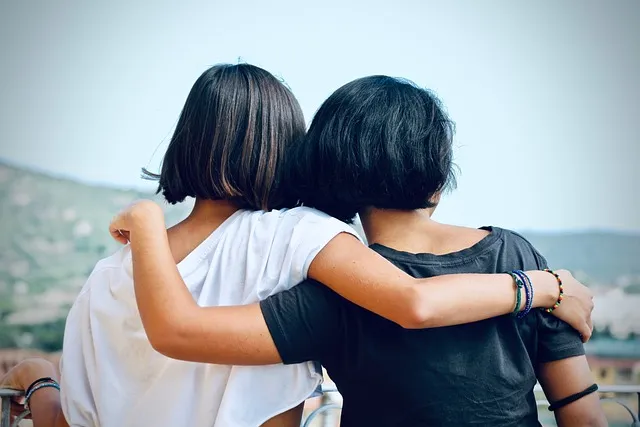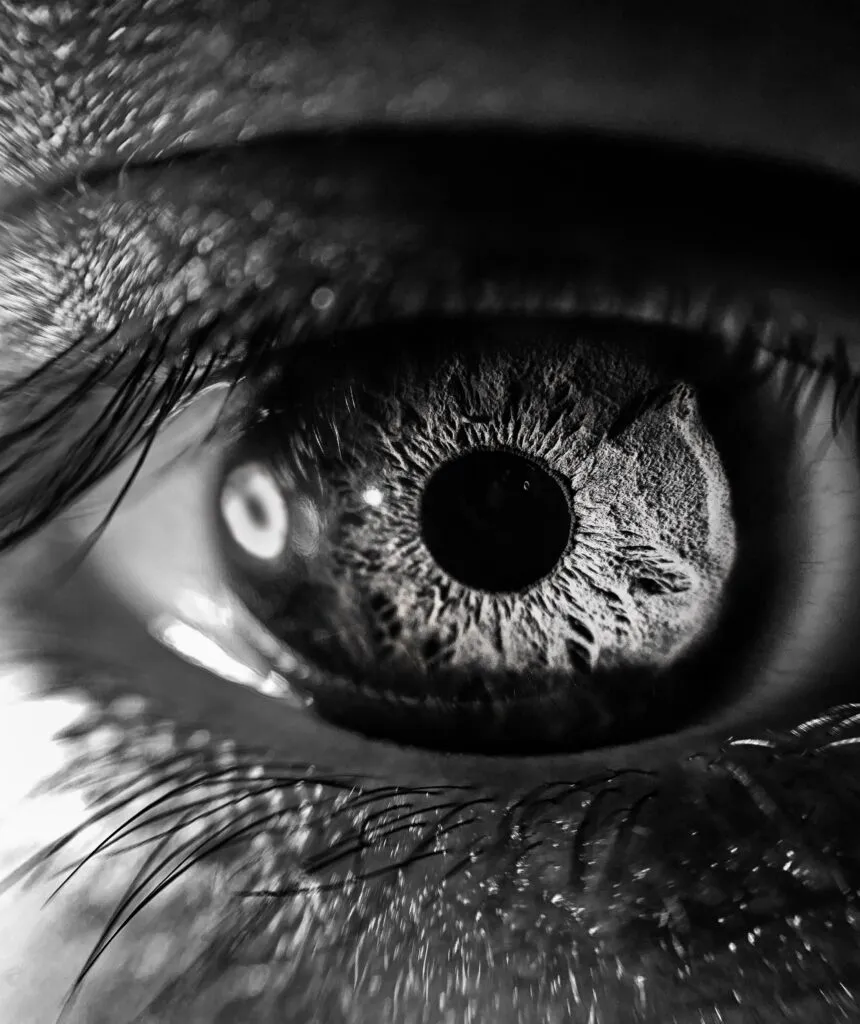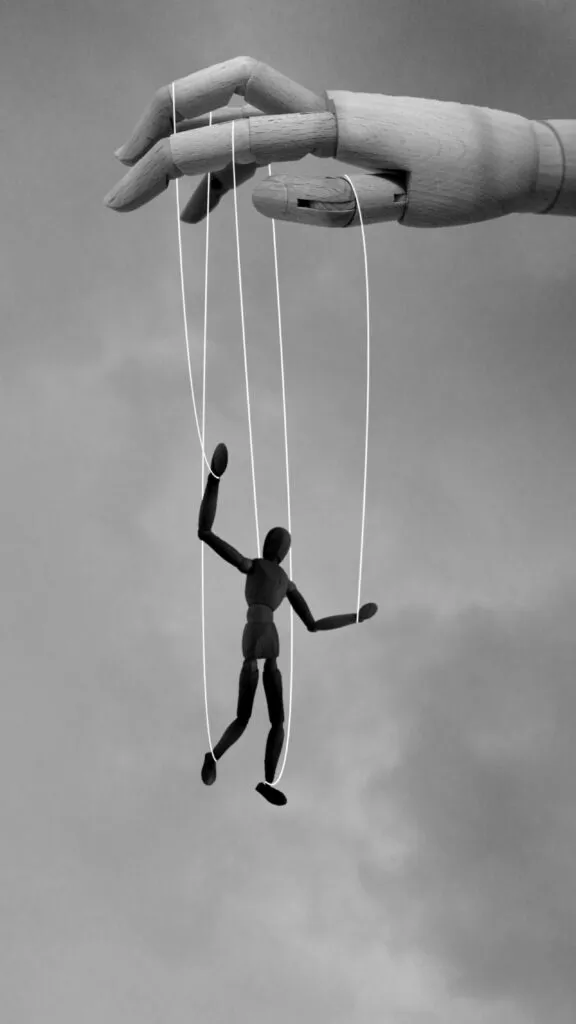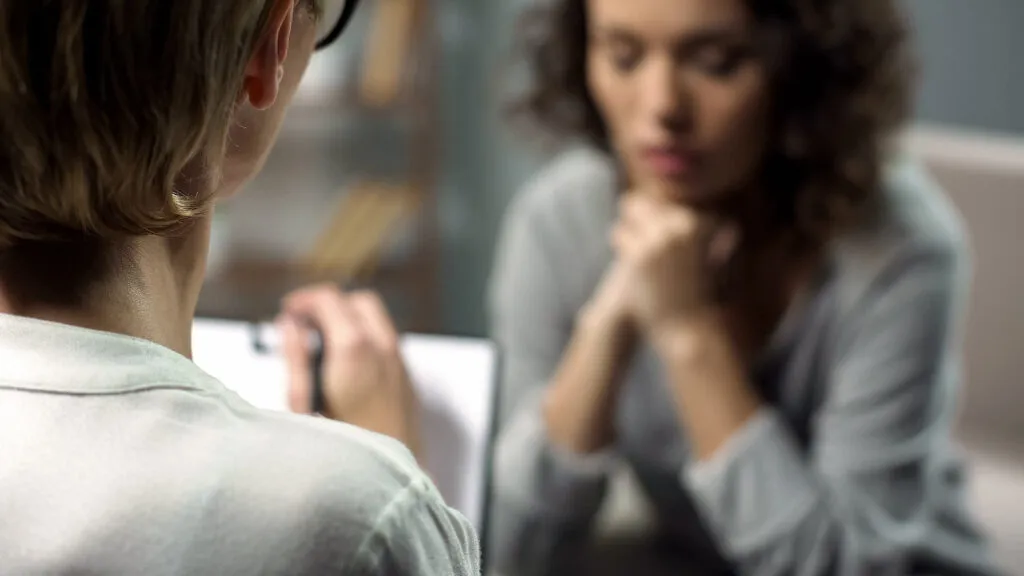Recognizing The
Signs Of A
Domestic Violent
Relationship
November 1, 2024

Do you worry that you or someone you love may be in an abusive relationship? The warning signals aren’t always clear—but knowing what signs of a domestic violence relationship to look for can help you recognize not only physical abuse, but emotional abuse as well.
Domestic Violence
Domestic violence is not all about causing physical harm and injuries to someone, but is also about trying to exert power and control over someone’s mental state (emotions and feelings). Experiencing domestic violence can make an individual feel confused about what they are experiencing. This can cause them to question themselves due to “gaslighting” by the abusive partner.
Gaslighting is when the abuser manipulates their partner into questioning their own sanity. They feel trapped due to isolation the abusive partner initiates by controlling their autonomy in the relationship. Does this sound like someone you know? Let’s look deeper into signs that you could be noticing.
How To Recognize the Signs Of A Domestic Violence Relationship #1:
You identify some physical injuries such as: bruises, cuts, burns, scars, and scratches. But this may not always be the case. Abusive partners will not want to leave physical evidence that is easily noticeable to the naked eye. Abusive partners can cause injuries to areas of the body that tend to be covered up and hard to view such as: back of the head, back, lower abdomen, and thighs.
You could notice that someone who is being physically abused has an excuse for their injuries and avoids discussions around it. Victims blame themselves for being “careless and clumsy”, in order to avoid suspicion of abuse by loved ones.

How To Recognize the Signs Of A Domestic Violence Relationship #2: Personality Shifts
Due to the abuse, you may notice your loved one moving through shifts in their personality. Normally, you might see them as outgoing.The next minute, they might display low self-esteem, distrust, irritability, and become less social.
Another example of a personality shift might involve someone who is normally positive and friendly. Suddenly, the become negative and unfriendly. Maybe they anger easily and become increasingly closed off.
These are common things you might see in someone who has suffered abuse. But don’t worry, with the right help, they can heal from the trauma. As they heal, you would expect to see fewer jarring shifts. It will become easier for them to feel confident being themselves and managing their emotions.
How To Recognize the Signs Of A Domestic Violence Relationship #3: Controlling Social Network
You witness that they are constantly having to check in with their partner and having to ask permission to do certain things and to be around people who are not their partner. This is due in part to the abusive partner wanting to limit the possibility that someone suspects abuse and wanting to control and decrease their social network.
How To Recognize the Signs Of A Domestic Violence Relationship #4: Pleasing Their Partner
They exhibit behaviors like becoming overly concerned about wanting to please their partner and not wanting to make decisions that cause their partner to become upset. This is a survival tactic that victims of domestic violence utilize, due to wanting to avoid physical abuse and/or psychological abuse.

How To Recognize the Signs Of A Domestic Violence Relationship
#5: Control Over Money
It is possible that they never have money on hand and have to contact their partner for permission to make purchases. Controlling finances is a tactic abusive partners utilize, because they want to make it nearly impossible for their partner to be able to have income that they could use to leave the relationship and or feel a sense of independence.
How To Recognize the Signs Of A Domestic Violence Relationship #6:
You observe that they are missing a lot of work days, school, or other obligations for no clear reason. Victims of domestic violence tend to lose interest in their previous likes, interests, and goals, because they have lost their sense of independence and identity in their abusive relationship.

How To Recognize the Signs Of A Domestic Violence Relationship
#7: Out Of Season Clothing
You also notice that they are wearing clothing that is not suitable or in line with the season, such as wearing long sleeves, sweaters, and jackets in the summertime.
How To Recognize the Signs Of A Domestic Violence Relationship
#8: Changes In Personal Appearance
Finally, you also recognize that their personal appearance has changed significantly, such as if they were someone who took pride in their appearance and put thought into expressing themselves through their clothes, shoes, jewelry, make-up, hair, nails, facial hair, ..etc. For example, you could start to recognize that they are not practicing their routine self-care regime.
I recognize how difficult it may be to recognize that a loved one may be in a domestic violence relationship. That is why Hope For The Journey is here for you and can help to provide the support you may need to take care of yourself, because support people need support too.
If you are interested in the ways you can best support a loved one who may be in an abusive relationship, please feel free to visit my blog Tips On Supporting A Victim Of Domestic Violence.
Are you or a loved one needing additional support?
Our team of caring therapists would be honored to support you. If you need counseling to validate your experiences, build confidence, learn to set healthy boundaries, and learn effective coping skills, we are ready to hear from you today. You deserve to feel hope again and prioritize yourself. To start therapy with Hope For the Journey, please follow these simple steps:
- Contact Hope for the Journey.
- Meet with an experienced therapist.
- Start receiving the support you and your teen deserve.
Other Services Offered At Hope For The Journey
Our team is happy to offer a number of services from our Round Rock and Austin therapy offices. Mental health services include therapy for anxiety and depression, domestic violence, sexual assault, PTSD, and EMDR. Our team also provides support for family members of all ages with counseling for teens and young adults, children and tweens, couples, men, and parents/partners. Contact us today to learn more about our team and community involvement!
